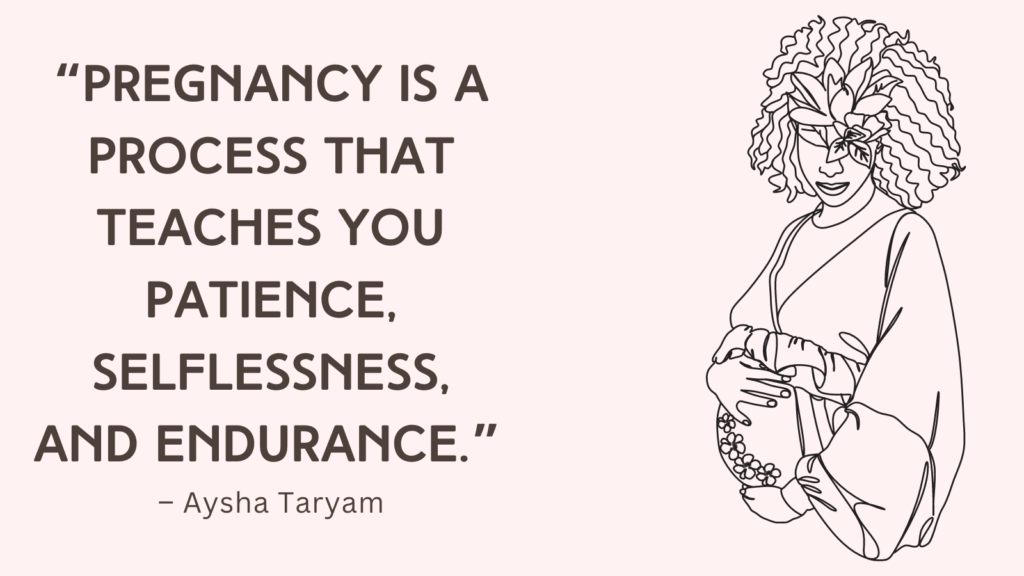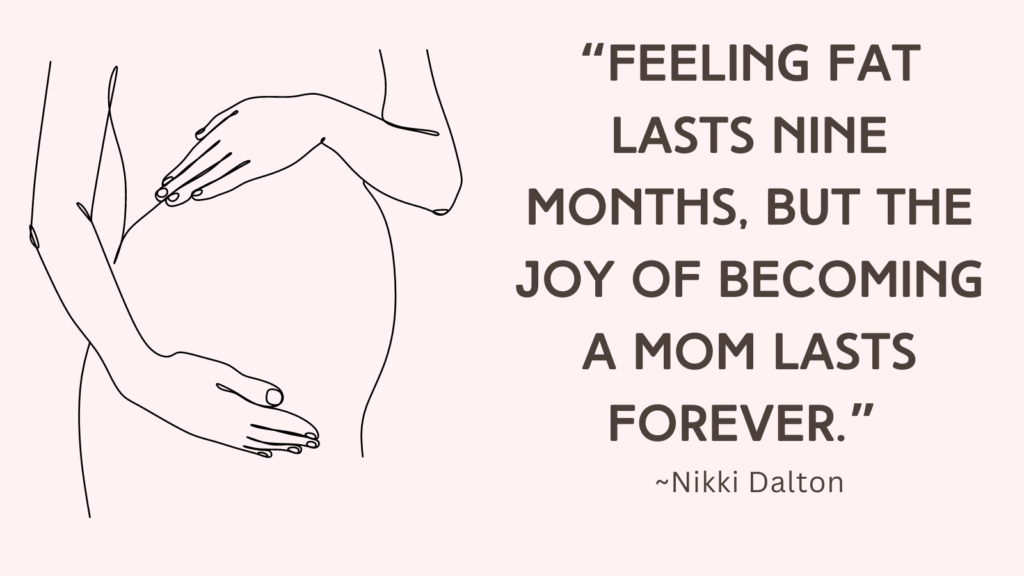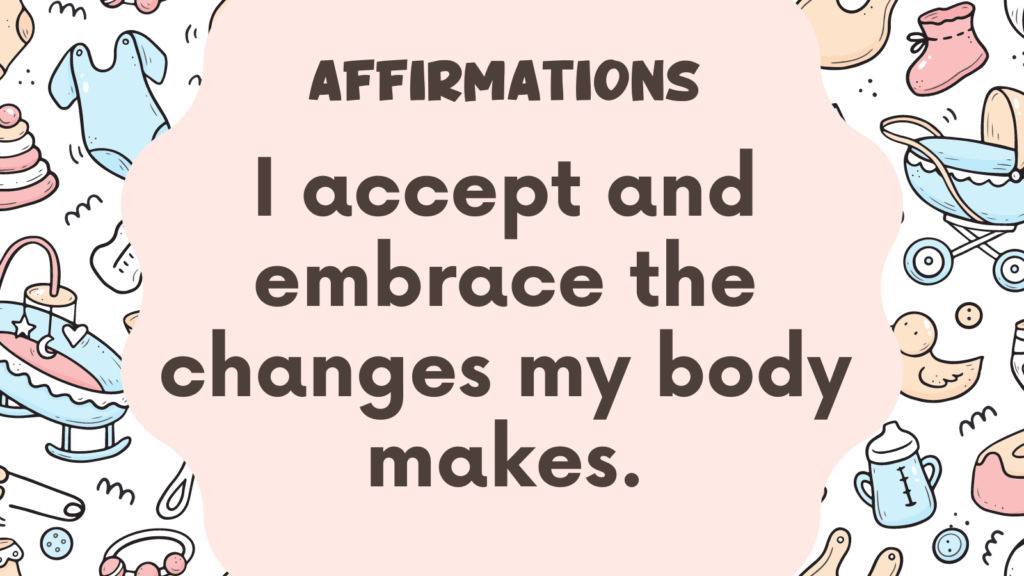In this post, you’re going to learn all about what to do after positive pregnancy test.
Disclosure: Some of the links below are affiliate links. This means that, at zero cost to you, I will earn an affiliate commission if you click through the link and finalize a purchase.
How Pregnancy Tests Work
Home pregnancy tests work by detecting the hormone human chorionic gonadotropin (hCG) in your urine, which is produced by the placenta after a fertilized egg implants in the uterus.
You can buy home pregnancy tests at most drugstores or online.
Be sure to follow the instructions carefully, as different tests may have different methods.
Related: Best 70 Pregnancy Hacks (+Products Recommendation)
What To Do After Positive Pregnancy Test
#1. Confirm the Pregnancy
Schedule a visit with a healthcare provider, either an obstetrician or a midwife. You can find one through your insurance company or by searching online.
During your appointment, your healthcare provider will ask you about your medical history, including any medications you are taking, any health conditions you have, and your menstrual cycle.
Your healthcare provider may perform a pelvic exam to check the size and shape of your uterus and to look for any signs of abnormality or infection.
A healthcare provider can also provide important prenatal care advice to ensure a healthy pregnancy.
After your pregnancy is confirmed, your healthcare provider will schedule regular prenatal visits to monitor your health and the health of your developing baby.
Related: Best 7 Pregnancy Self Care Products
#2. Start Making Lifestyle Changes
One of the first things you should prioritize is making some lifestyle changes to ensure a healthy pregnancy.
1. Eat a balanced diet: Eating well-balanced meals is essential for your baby’s growth and development. Avoid processed foods, sugary drinks, and high-fat foods.
2. Exercise regularly: Regular exercise is good for both you and your baby. Consult with your healthcare provider about how much exercise is safe for you during your pregnancy.
3. Get enough sleep: Aim for at least seven to eight hours of sleep each night. It’s recommended to avoid sleeping on your back as it can affect blood flow to your baby. (source)
4. Avoid alcohol, drugs, and smoking: These substances can harm your baby’s development and your health.
5. Stay hydrated: Drinking plenty of water and avoiding sugary and caffeinated beverages is important for both the mother and the developing baby.
6. Manage stress: Use relaxation techniques, such as deep breathing, meditation, or prenatal massage.
Related: Top 11 Tips On How To Deal With Morning Sickness At Work
#3. Start Taking Prenatal Vitamins
Prenatal vitamins contain important nutrients your body needs for a healthy pregnancy.
If you are pregnant or considering pregnancy, then taking prenatal vitamins is an important step to ensure the health of both you and your developing baby.
Prenatal vitamins contain a combination of essential vitamins and minerals that support fetal development and help prevent birth defects.
Some key nutrients found in prenatal vitamins include folic acid, iron, calcium, vitamin D. (source)
It’s best to start taking prenatal vitamins before you become pregnant, as this can help ensure that your body has all the necessary nutrients from the very beginning of your pregnancy.
Talk to your healthcare provider about which prenatal vitamins are best for you and when you should start taking them.
They may also recommend other measures, such as a healthy diet and regular exercise, to support your pregnancy.
Related: Minimalist Hospital Bag Checklist (+Hospital Bag Checklist PDF)
#4. Get Informed
Here are a few suggestions:
1. Read books – There are many books available on pregnancy that cover everything from the stages of pregnancy, nutrition, exercise, childbirth, and postpartum care.
Related: Best 10 Newborn Care Books
2. Attend prenatal classes – Many hospitals and birthing centers offer prenatal classes that cover a variety of topics related to pregnancy and childbirth.
3. Talk to your healthcare provider – Your doctor or midwife can provide you with information on what to expect during pregnancy and answer any questions you may have.
4. Join a pregnancy support group – You can connect with other pregnant women and share experiences, advice, and resources.
Related: Best Pregnancy Resources (Information, Apps, Books, Podcasts)
#5. Plan Your Finances
Here are some steps you can take:
1. Review your health insurance: Check your health insurance policy to see what prenatal and maternity services are covered. Make note of any deductibles or co-pays so that you can budget accordingly.
2. Create a baby budget: Consider the costs of diapers, formula, clothing, furniture, childcare and other expenses. Create a budget to determine how much you can afford to spend each month and adjust your spending habits accordingly.
3. Evaluate your income and expenses: Consider if your current income will be enough to cover the additional expenses. If not, consider ways to increase your income or reduce your expenses.
4. Start saving: Set aside money each month for unexpected expenses. Consider opening a savings account specifically for baby-related expenses.
5. Plan for maternity leave: Determine if your employer offers maternity leave and if it is paid or unpaid. Plan accordingly to ensure that you can cover your expenses during this time.
6. Look for discounts: Many stores offer discounts for baby products, so look for deals and coupons. You can also consider buying secondhand items such as clothes, toys and furniture.
Related: Best +75 Pregnancy After Loss Affirmations
Conclusion
If you suspect you may be pregnant, it is important to seek medical attention and support from a healthcare professional.
It is also important to prioritize self-care, eat a balanced diet, and engage in activities that promote physical and emotional well-being.
It can be a time of excitement, joy, and also some challenges, but with proper care and support, it can be a healthy and fulfilling experience.
FAQ
When To Take A Pregnancy Test After Implant Removal?
Typically, it is recommended to wait for at least a week or two after the removal of an implant before taking a pregnancy test.
This is because your body needs time to adjust and for the hormone levels to return to their normal levels.
Additionally, it is also important to keep in mind that even after the removal of an implant, it may take some time for ovulation and conception to occur.
If you are concerned or unsure about the timing of a pregnancy test, it is always best to consult with your healthcare provider.
Can Alcohol Affect A Pregnancy Test?
Alcohol consumption should not affect the results of a pregnancy test.
However, it’s important to note that alcohol should be avoided during pregnancy as it can have harmful effects on both the mother and developing fetus.
If you suspect you may be pregnant, it’s best to confirm with a medical professional and make any necessary lifestyle changes for a healthy pregnancy.
Can You Reuse A Pregnancy Test?
No, pregnancy tests are designed for one-time use only. Once the test has been used, the chemicals on the test strip are no longer active and it cannot detect pregnancy accurately.
It is important to use a new pregnancy test each time you want to check for pregnancy.
Related: How To Use A Pregnancy Pillow?




